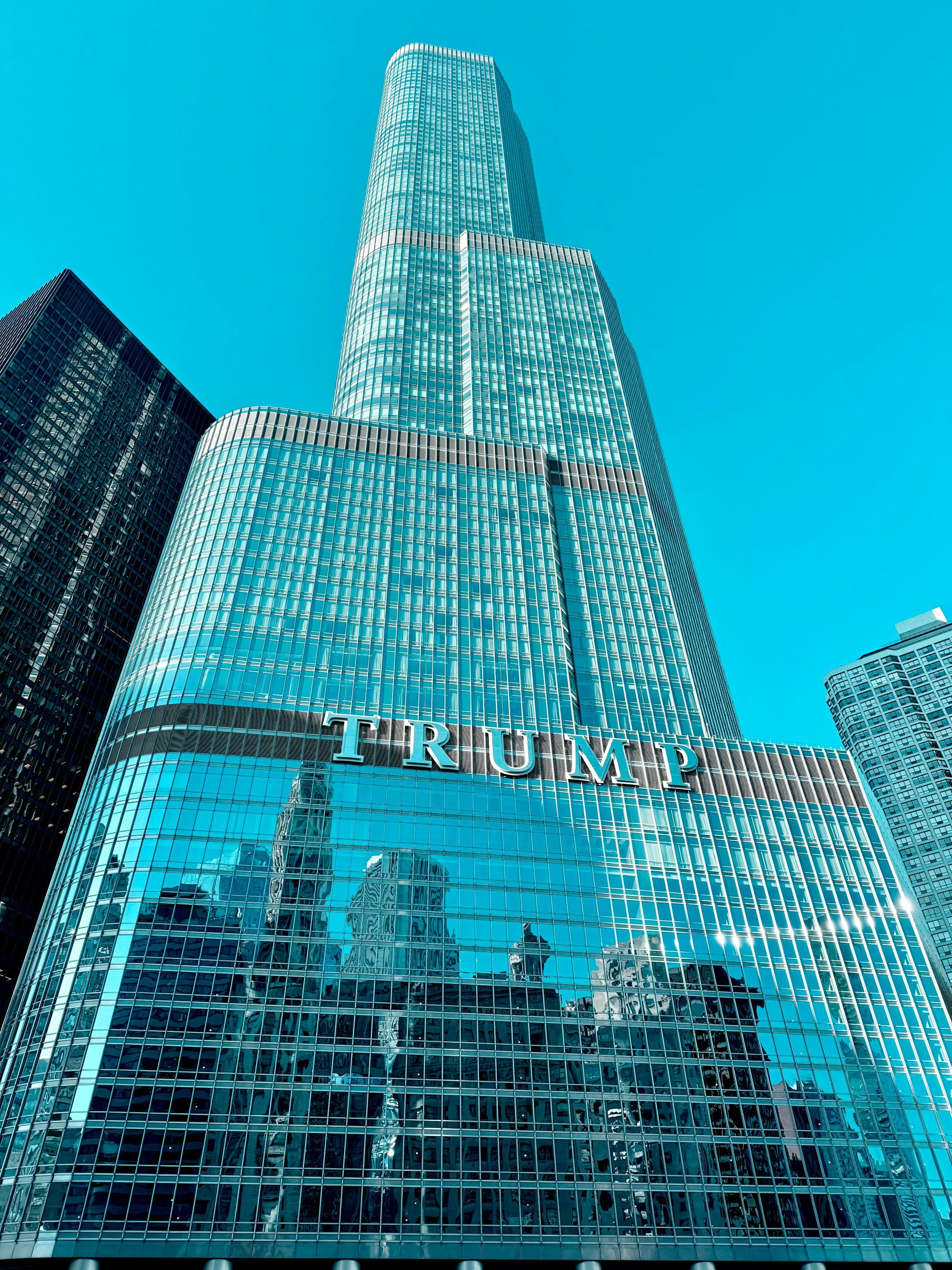Trump’s Legacy: A Catalyst for Future Conspiracies?
Donald Trump’s presidency was marked by a unique blend of populism, controversy, and a significant rise in conspiracy theories. As his term concluded, many began to ponder the long-term implications of his administration on American political discourse and the proliferation of conspiracy theories. This article explores how Trump’s legacy may serve as a catalyst for future conspiracies.
The Rise of Conspiracy Theories During Trump’s Presidency
Throughout his time in office, Trump often employed rhetoric that blurred the lines between fact and fiction. His frequent use of social media to disseminate unverified claims contributed to a culture where conspiracy theories flourished. Key examples include:
- Birtherism: Trump’s promotion of the false narrative questioning President Obama’s birthplace laid the groundwork for a broader acceptance of unfounded claims.
- COVID-19 Misinformation: Trump’s assertions about the virus being a hoax or linked to political agendas fueled conspiracy theories surrounding the pandemic.
- Election Fraud Claims: The unfounded allegations of widespread voter fraud in the 2020 election have led to ongoing conspiracy theories that undermine trust in electoral processes.
The Impact of Social Media
Social media platforms played a crucial role in amplifying Trump’s messages and the conspiracies that followed. The algorithms of these platforms often prioritize sensational content, leading to:
- Echo Chambers: Supporters were often isolated in digital spaces that reinforced their beliefs, making it difficult to encounter opposing viewpoints.
- Viral Misinformation: False claims spread rapidly, reaching millions before being debunked, creating a lasting impact on public perception.
Case Studies: Conspiracies Post-Trump
Since Trump left office, several conspiracy theories have emerged or gained traction, indicating a potential legacy of distrust and division:
- QAnon: This conspiracy theory, which alleges a secret cabal of pedophiles controls the government, gained significant followers during Trump’s presidency and continues to influence political discourse.
- Election Integrity Movements: Many states have enacted laws based on the false premise of widespread voter fraud, reflecting the ongoing impact of Trump’s claims.
Statistics on Conspiracy Beliefs
Research indicates a troubling trend in the acceptance of conspiracy theories among the American populace:
- A 2021 survey found that 30% of Americans believed in at least one conspiracy theory related to the 2020 election.
- According to a 2022 study, 50% of respondents expressed belief in at least one conspiracy theory, a significant increase from previous years.
Conclusion: A Lasting Influence
Trump’s presidency has undeniably altered the landscape of American political discourse, creating fertile ground for conspiracy theories to thrive. His legacy may not only be defined by his policies but also by the enduring impact of his rhetoric and the culture of distrust it fostered. As future generations navigate the complexities of information in the digital age, the lessons learned from this period will be crucial in combating misinformation and restoring faith in democratic institutions.

No responses yet